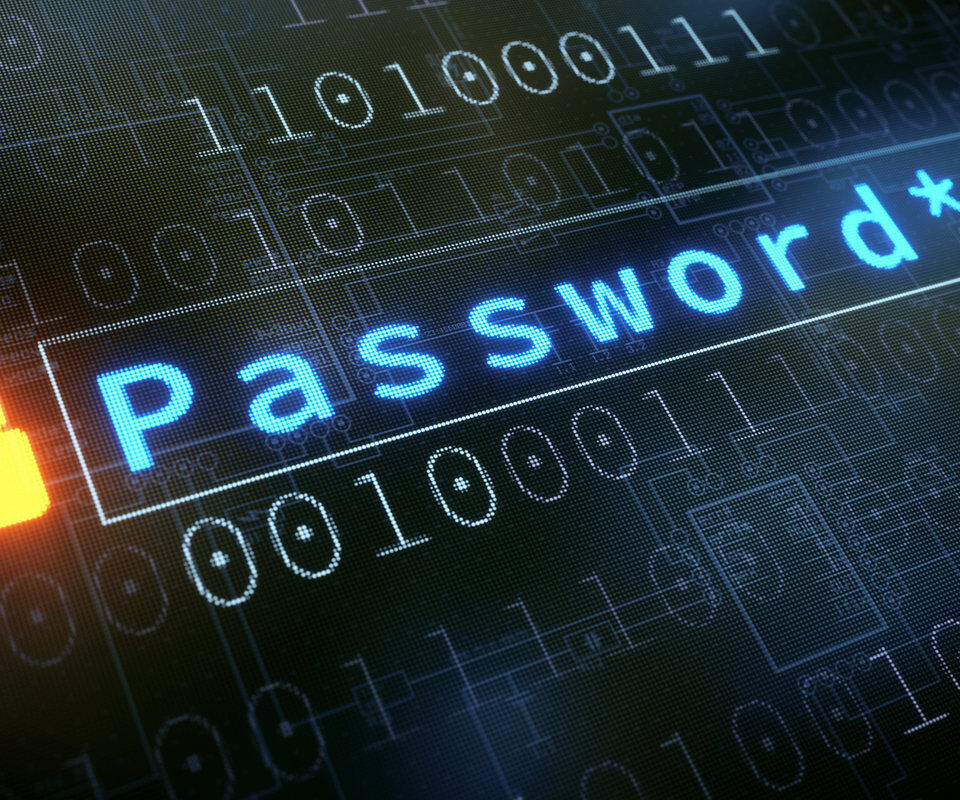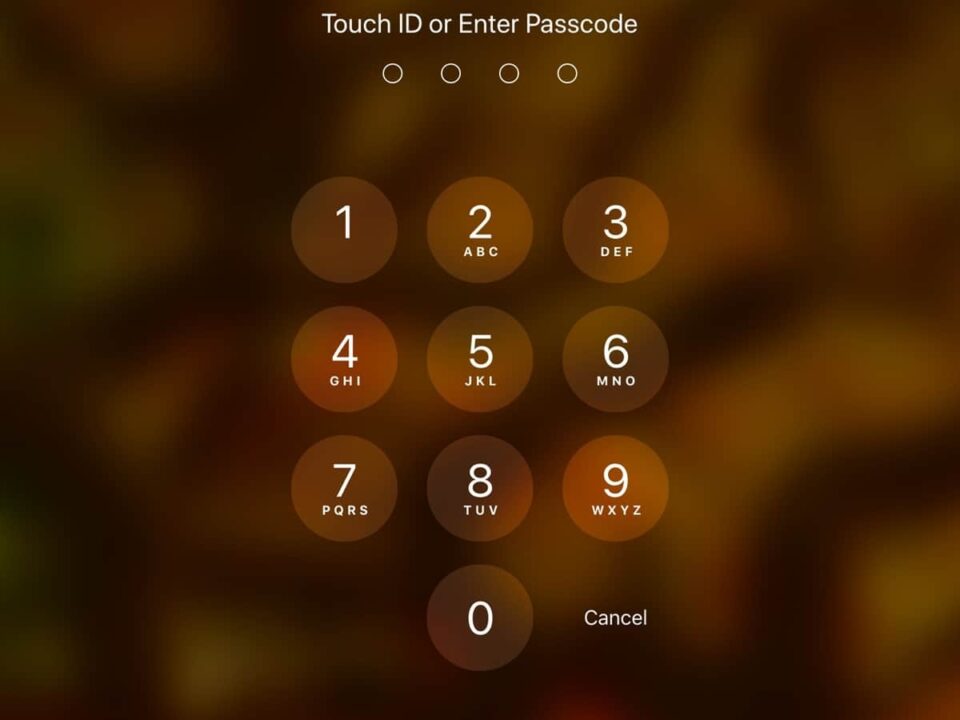Did you know that an average person has 90 online accounts? No one expects you to remember that many different login credentials.
And most of us don’t even try. To make things easier, most of us recycle the same passwords all over again. Unfortunately, what makes our lives easier also makes hackers’ lives easier.
Reusing passwords open a lot of security threats. And you may be facing them too.
1. Identity theft
If you reuse the same password and a cybercriminal gets a hold of it, they can log in to your other accounts. Facebook, Amazon, or even streaming accounts have enough information to steal someone’s identity.
They contain crucial information, including birth dates, addresses, and other sensitive details. It’s often enough for money laundering, signing up for credit cards, looking into your confidential medical records, and more.
2. Impersonation
Don’t take identity theft literally. Often it refers to people stealing enough information to do some of the above-mentioned terrible things to your bank account and credit score. But hackers can take it a step further and pretend to be you.
And it happens more often than you might realize. Often criminals gain access to social media accounts and then ask your friends or family for money.
In some cases, it can even happen as an act of revenge. Someone you know may want to damage your personal and professional life. They can impersonate you to harass your coworkers, cause problems in your relationships, etc.
3. Hacks
Reusing passwords doesn’t just jeopardize one account, but them all. You may not get hackers? attention from the get-go. But if your password ends up leaked in a data breach, they may want to check how many accounts that password can unlock.
And just like that, cybercriminals can gain access to your email address, social media, or online shopping accounts. Then they change all the passwords to block you out.
And good luck reporting the hack to any of these platforms. The first thing they do is send a confirmation email to your email address. And if your email account suffered the hacking too, you wouldn’t be able to open it.
4. Sold accounts
After hackers gained access to one of your accounts, they don’t have to use it themselves. It’s possible to sell online accounts. On the dark web, you can purchase an identity for as little as $2.
You can also buy credit cards issued for someone else with spending limits of up to $10,000 for around $500.
There are massive marketplaces that trade stolen information. If your data ends up there, you can say goodbye to your privacy and security.
5. Lock out
Online platforms get more secure every day. They often enable extra security measures such as two-step verification or other tools. If somebody attempts to access your account too many times, the access to your account gets blocked. Hackers don’t care about it.
They have programs running to keep trying indefinitely. Many websites will warn you of similar activity, but not reacting on it fast enough can get you locked out too. And like most things in life, it can happen at the worst time possible.
How to improve the security of your passwords
The main idea behind this post is pretty apparent NEVER reuse passwords. But there are a lot more password-related things that enhance the safety of your online accounts:
- Create unique and robust passwords that contain a mixture of upper and lowercase letters, numbers, and special characters. Some platforms even allow you to include an emoji in your password.
- Don’t go easy on the digits. Make sure your password has at least eight characters. But more is always better.
- Have too many passwords to remember? No shame in that remembering 90+ passwords would be difficult even for Einstein or Newton. But that’s not an excuse for writing them down on sticky notes or in doc files. Use a password manager It’s the most secure way to store passwords, plus it can generate new passwords for your accounts. And you don’t need to be a rocket scientist to use it.
The Bottom Line
Recycling is good for the environment, but it’s the worst thing you can do for your passwords. Well, maybe the second worst thing after using a password, 123456, or *enter the name of your pet/spouse/kid* to protect your accounts.
Reusing the same passwords opens a whole range of cybersecurity threats. Hacks, identity theft, impersonation, or getting locked out from your accounts? you name it.
And, indeed, securing passwords alone can’t save you from all cyber threats. But it’s a good start.





